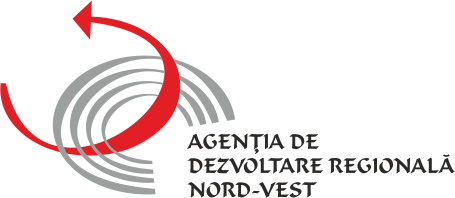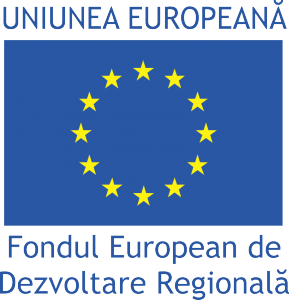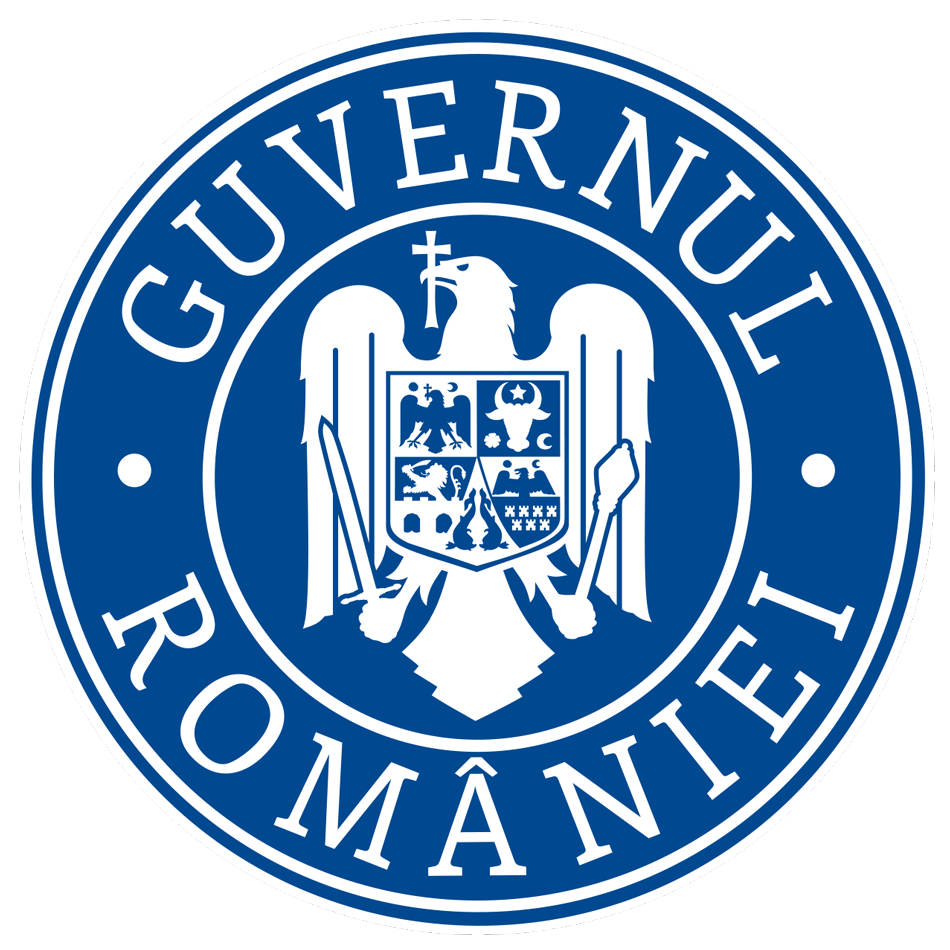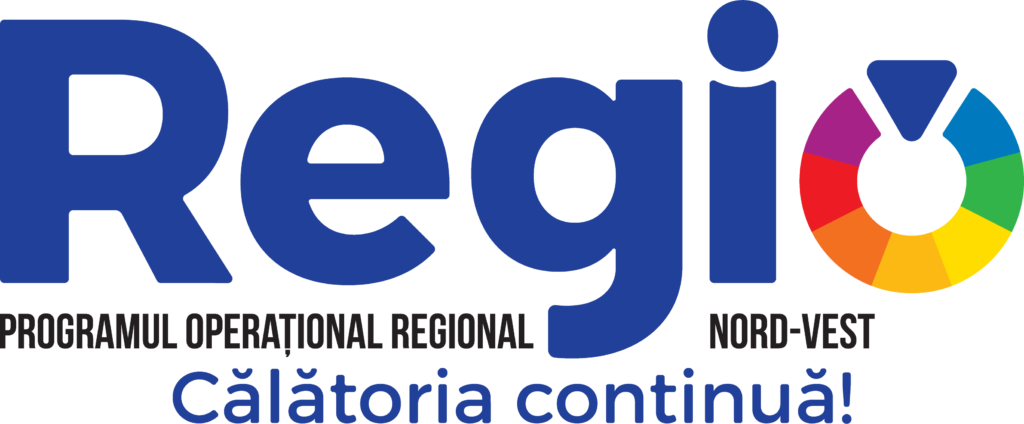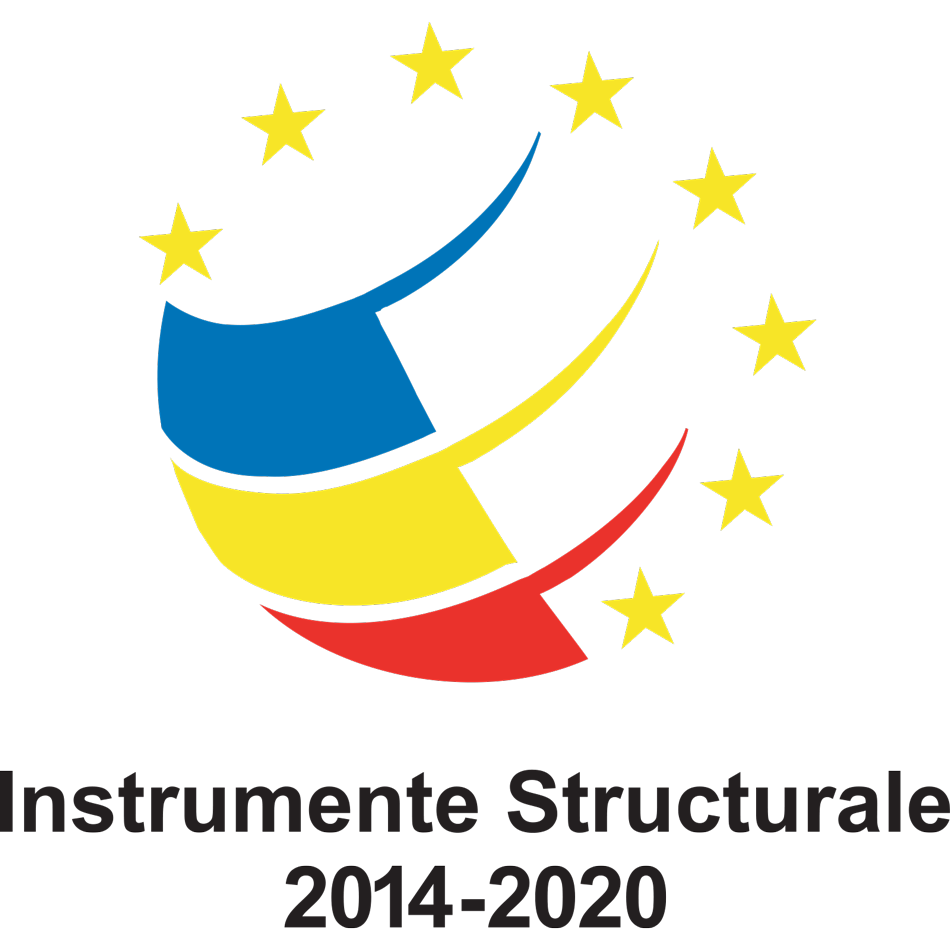On January 28, 2022, the semiannual meeting, in extended format, of the Regional Group of Representatives of the Interreg Europe project took place RFC – Revitalization of Fortress Cities. The event, organized by ADR North-West via teleconference, brought together 45 participants interested in the field of restoration, revitalization, digitization and/or digitization of heritage, in the context of the 2021-2027 programming period, representatives of local authorities, county cultural departments and heritage, museums and universities in the region, associations and technical consulting and project management firms.
NATIONAL FINANCING
The national funding opportunities dedicated to heritage were presented to the participants directly by high-level representatives of the management authorities related to these programs, respectively:
NATIONAL RECOVERY AND RESILIENCE PLAN (PNRR), Pillar IV – Tourism and Culture, by Mrs. Csilla Hegedüs, Secretary of State within the Ministry of Investments and European Projects (MIPE). The funding proposals, which will be finalized during February through public consultation, include 12 cultural routes that contain both objectives that will be restored and then promoted integrated alongside others already rehabilitated (including a route dedicated to fortresses and another to Roman castres), with a impressive allocation of over 100 million euros, as well as 9 museums and memorials that will be built or restored, with a budget of over 68 million euros, three of which are in the North-West Region: the Museum of Transylvanian Identities (CJ, Florești), the Memorial to Victims of Communism and Resistance (MM, Sighetul Marmații) and the Museum of Forced Industrialization and Uprooting (SM).
OPERATIONAL PROGRAM FOR SMART GROWTH, DIGITALIZATION AND FINANCIAL INSTRUMENTS (POCIDIF), Axis 8 – Digitization in culture, by Mrs. Svetlana Gomboș, Director General within the Directorate General for European Competitiveness Programs of the Ministry of Investments and European Projects. The program, to be finalized and approved during this year, will allow the Ministry of Culture to develop a national platform and a tourist map of digitized historical monuments and to implement strategic actions towards the digitization of archives, in order to increase access to culture.THE NATIONAL PROGRAM FOR THE RESTORATION OF HISTORICAL MONUMENTS (PNR) and STAMP OF HISTORICAL MONUMENTS (TMI), the flagship programs run by the National Heritage Institute (INP), presented by Director General Ștefan Bâlici. The two programs, with funding awarded on the basis of competition and selection respectively, are complementary to the current funding programs and support organizations with reduced financial and administrative capacity, both for objectives of national interest (category A) and of local interest (type B), located in urban and rural areas. In the last five years, INP has financed with 13 million lei the restoration of 66 monuments through TMI and another 44 through PNR. The Historical Monuments Stamp tax collection system, in order to increase funding to support the activities of protection, restoration and enhancement of historical monuments, represents a good practice disseminated in Europe among the partner regions in the RFC project.
North-West REGIONAL OPERATIONAL PROGRAM 2021-2027 (POR North-West), Priority 7: An attractive region, in the version subject to public consultation, will allocate 30.79 million Euros for monuments located in the urban environment and 6.75 million Euros for those in the rural environment. The funds will be accessed on a competitive basis, with the first calls for projects planned for the second half of this year, once the program is approved.
EUROPEAN FINANCING
A series of European funding opportunities were presented, through programs that can be accessed directly at the European Commission (through the management authorities designated at European level), requiring partnerships formed by organizations originating from at least two or three countries:
Horizon Europe – Component 2: Culture, Creativity and Inclusive Society: 10 open calls within HORIZON-CL2-2022-HERITAGE-01 until 20/04/2022, which support research, innovation, promotion and collaboration actions in the field of heritage, cultural goods and creative industries. Among them, a dedicated call Architecture, Design and Arts, which contributes to The new European Bauhaus – economic, cultural and environmental initiative of the European Commission, aimed at combining design, sustainability, accessibility and investment to contribute to the achievement European Green Pact. Creative Europe – The component Culture: a first round of 21 calls was launched last year, for which the results are awaited; calls will be opened on 31/03/2022 CREATE-CULT-2022-COOP for small-scale collaborative projects (maximum 200,000 euros per project, 20% co-financing), medium (maximum 1 million euros per project, 30% co-financing, partners from at least 5 countries) and large-scale (maximum 2 million euros, 40% co-financing, partners from at least 10 countries). ERASMUS PLUS and European Solidarity Corps – programs that can respond to heritage revitalization actions, through mobility, curriculum development and volunteer actions: 33 Erasmus calls open until the end of February or March 2022 and the first round of Voluntary activities and Solidarity projects open until 23/02/2022.INTERREG 2021-2027 – Transnational and cross-border programs of the type:INTERREG Europe – The objective: A more social Europe addresses projects that address exchanges of experience between states and aim to improve public policies on the labor market, in the field of health, culture and sustainable tourism. The program is to be approved by the European Commission, the first funding call being planned for April 2022.DANUBE INTERREG – Priority 3: A more social Danube Region, Objective 3.3. Socio-economic development through heritage, culture and tourism, for which they will be able to submit projects including museums and cultural institutions, public authorities, NGOs and companies. A to be released call dedicated to partnerships with the Republic of Moldova and Ukraine, which enables awareness campaigns, joint strategies and action plans, events and activities to increase institutional capacity, including for the development of cultural activities and sustainable tourism. 3 collaborative projects with each of the two targeted countries will be able to be financed, the maximum funding per project being 230,000 euros, with the involvement of at least two partners on either side of the border.INTERREG Romania-Hungary for the border counties of Satu Mare and Bihor. A specific objective is dedicated to strengthening the role of culture and sustainable tourism in economic development, social inclusion and social innovation, within which both investment projects and territorial mapping projects, common strategies for the protection of cultural heritage, actions for digitization will be allowed , revitalization through models of "story telling" and "living heritage”, the development and promotion of thematic routes. Organizations such as public authorities but also NGOs, chambers of commerce, museums, churches and bookstores are eligible. INTERREG Hungary-Slovakia-Romania-Ukraine, for the border counties in the region, Satu Mare and Maramureș. Priority 2: A healthy and attractive border region will finance both investments in tourism and cultural infrastructure, improving accessibility to new or existing tourist sites of cultural or natural heritage as well as events, marketing and digitization actions in the form of guides, exhibitions, information materials and platforms. Actions are also targeted for the creation of cross-border networks and thematic routes based on cultural heritage sites, religious sites, including joint renovation projects, as well as the creation of a "Cross-border Heritage Observatory" dedicated to the preservation of built heritage, to avoid further degradation.
Based on the needs and investment priorities, as well as in accordance with the available and foreseeable funding opportunities for the coming years, the participants submitted and analyzed project ideas and proposals for the rehabilitation, digitization and revitalization of the heritage. Among the projects already included in the regional portfolio for the period 2021-2027, six projects targeting heritage sites with tourism potential currently benefits from funding for the preparation of technical documentation through the Technical Assistance Operational Program (POAT 2014-2020), funding granted by the Government of Romania through GEO 88/2020.
The indicative portfolio of projects for the future programming period, potential collaborations and the identification of partners, were the topics discussed in the last part of the meeting. Through the network of partners of the RFC project and through the role of ADR Nord-Vest, as the contact point of the network Enterprise Europe Network, access to European consortia can be facilitated for interested organizations in the region.
Following the intra- and inter-regional collaboration, the exchange of best practices within the RFC project, a Regional Analysis and the inventory of the need and funding opportunities, a Regional Action Plan for the valorization of historical heritage will be developed by ADR Nord-West by the middle of this year and monitored until July 2023.
To be aware of the activities organized within the project and to learn new information about cultural heritage through the lens of fortress cities, we invite you to sign up for the RFC newsletter, following this link: http://eepurl.com/gKPje9
